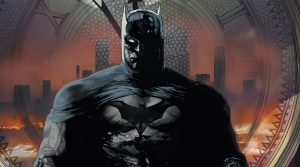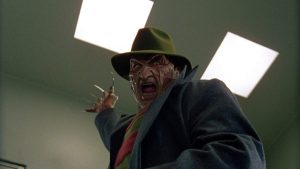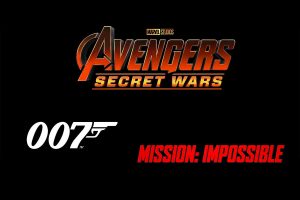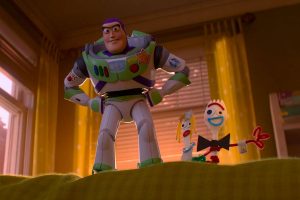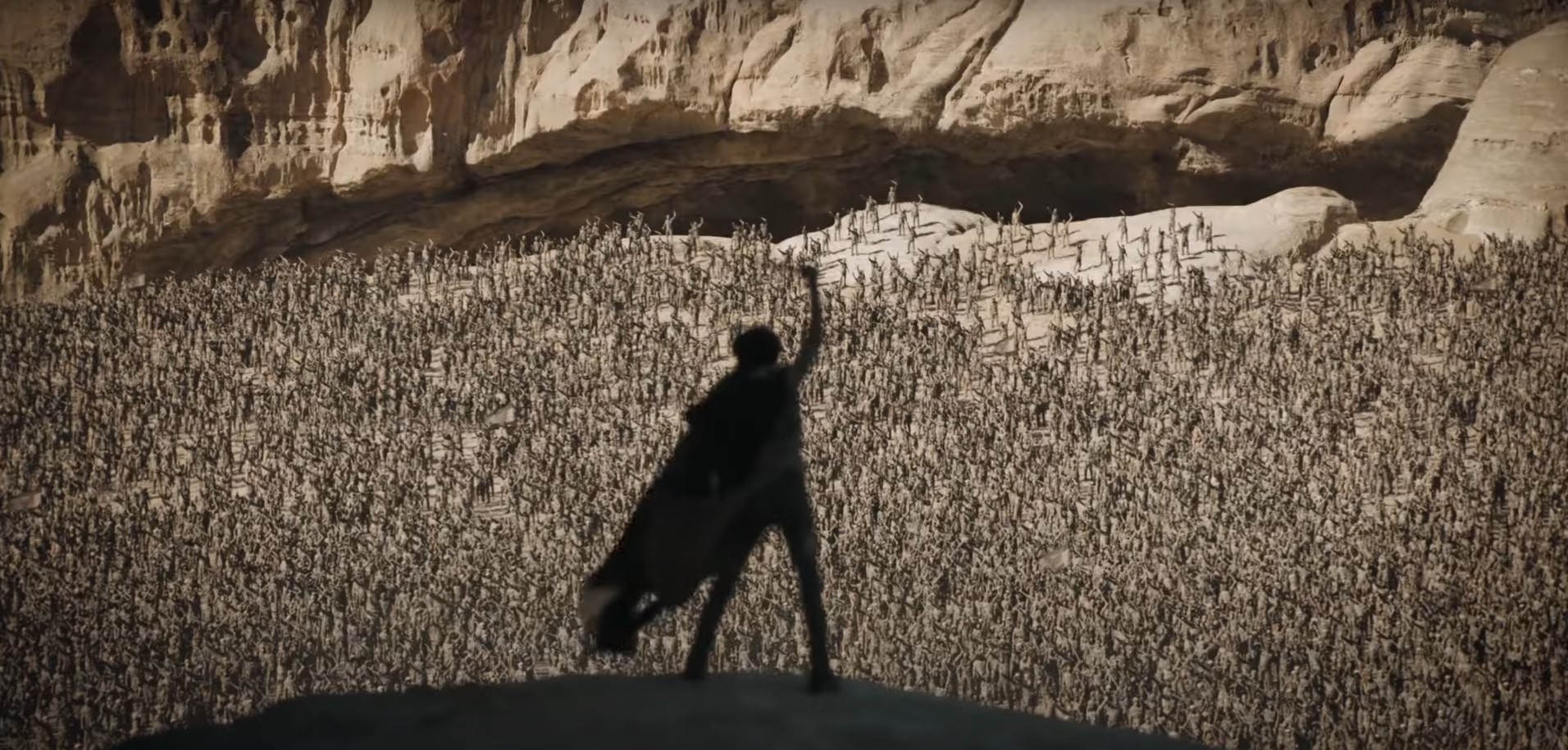
“There exists no separation between gods and men; one blends softly casual into the other.” So reads the epigraph to the second chapter of Frank Herbert’s Dune Messiah, a quote attributed to the fictionalp Proverbs of Muad’dib. The same might be said of the separation between entries in the Dune saga, at least the first three books: Dune (1965), Dune Messiah (1969), and Children of Dune (1976). These three books tell the story of Paul Atreides, the man who becomes a leader, a messiah, and a tyrant.
For his adaptation of Dune, director Denis Villeneuve already separated the first book into two halves, with the first part releasing in 2021 and the second coming on March 1 of this year. However, many have wondered if the Canadian director would continue to work through Herbert’s oeuvre, at least for the first book’s immediate sequel.
Villeneuve has confirmed to Vanity Fair that Dune: Part Two does indeed set up an adaptation of Dune Messiah: “The Dune book ends with the beginning of something that is out of control, and I thought this was a very powerful ending. I feel that both movies complete the adaptation of the book, and I feel very good about that. When people ask me, is there a world where I could do Messiah? Yes…”
According to Variety, Villeneuve told South Korean press last December that he does have plans to adapt Dune Messiah. “The screenplay is almost finished but it is not finished,” Villeneuve revealed. “It will take a little time.”
Anyone who knows Dune Messiah understands why Villeneuve cannot jump directly into the next movie. The first Dune is a (relatively) straightforward story about a rising hero, complete with the freeing of an oppressed people and the overthrow of a disgusting tyrant. Although Villeneuve’s take does hint at the dark side of Paul’s ascension as described by Herbert, they remain hints and allusions.
In Dune Messiah, those issues come to the fore and Paul becomes a more morally ambiguous figure. Moreover, much of the book involves palace intrigue, related through internal monologue and finger-speech, rather than action. David Lynch had hopes of adapting the book but couldn’t bring it to screen, despite having a script that better fit his idiosyncratic style.
Obviously, Villeneuve has already been far more successful in visualizing Hebert’s work, and Dune: Part Two remains one of the most highly anticipated films of the year. It wouldn’t surprise anyone if Dune: Part Two does very well in theaters and Warner Bros. green lights a third entry as soon as possible.
That said, Villeneuve is very clear about wanting to take his time before leaping to Dune Messiah. “I don’t know exactly when I will go back to Arrakis,” Villeneuve told the South Korean press. “I might make a detour before just to go away from the sun. For my mental sanity I might do something in between, but my dream would be to go a last time on this planet that I love.”
That potential return won’t play exactly like the first two films, though.
“I want to make sure that if we go back there a third time that it’ll be worth it, and that it would make something even better than Part Two,” Villeneuve told Vanity Fair. “It needs to be different. I don’t want to fall into dogmas. I don’t want to fall into a vocabulary that has been predefined by the first two movies. I would love to make something different. We are figuring that out right now.”
Dune: Part Two is out on March 1.
The post Dune 3 Update Is the Best News Yet About a Dune Messiah Adaptation appeared first on Den of Geek.
